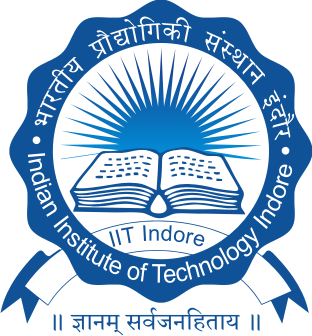
IIT Indore
RuTAG @ IITIndore
Rural Technology Action Group (RuTAG) at IIT indore is an initiative by the government of india and coordinated by the Office of the Principal Scientific Adviser (PSA). It is related to the development and dissemination of technologies for rural development.
Completed-Projects
1. The Ground Water Management App developed by IIT Indore under the supervision of Prof. Aruna Tiwari in collaboration with RuTAG IIT Delhi has been copyrighted jointly with IIT Delhi, and then an MoU is signed between RuTAG IIT Delhi (via Innovation Technology Transfer Office i-TTO) and RuTAG, EBSB IIT Indore, and the app is given to an NGO, Ramkrishna Jaidayal Dalmia Seva Sansthan, Block-Chirawa, Dist- Jhunjhunu, Rajasthan (Bhupendra Paliwal, Project Manager) on Sept. 28, 2022, The complete unit (Groundwater level measuring device and Groundwater Management app) is presented to African Asian Rural Development Organization (AARDO) member countries (Sudan, Namibia, Zambia, and Ghana) in a technology awareness and outreach event, a joint initiative of AARDO & office of PSA to the Government of India.
2. A Mobile App developed for Disease & Insect Identification in Soybean Plants: CropDoctor. This App is under copyright process and it will be used by ICAR-IISR Indore.
3. A Mobile App developed for Disease & Insect Identification in Potato Crop: Krishi-Seva. This App is in its final stage and it will be used by ICAR-CIAE Bhopal.
Summer Internship Opportunities Available Titles
Dr. Aruna Tiwari
Professor
Computer Science and Engineering
artiwari[at]iiti.ac.in
Faculty Profile
